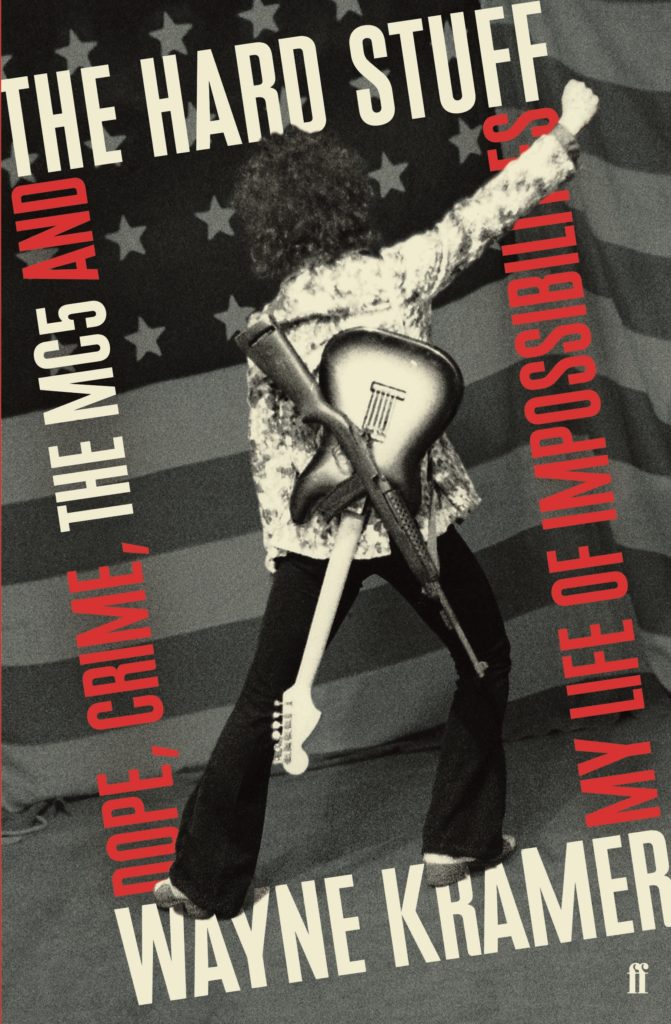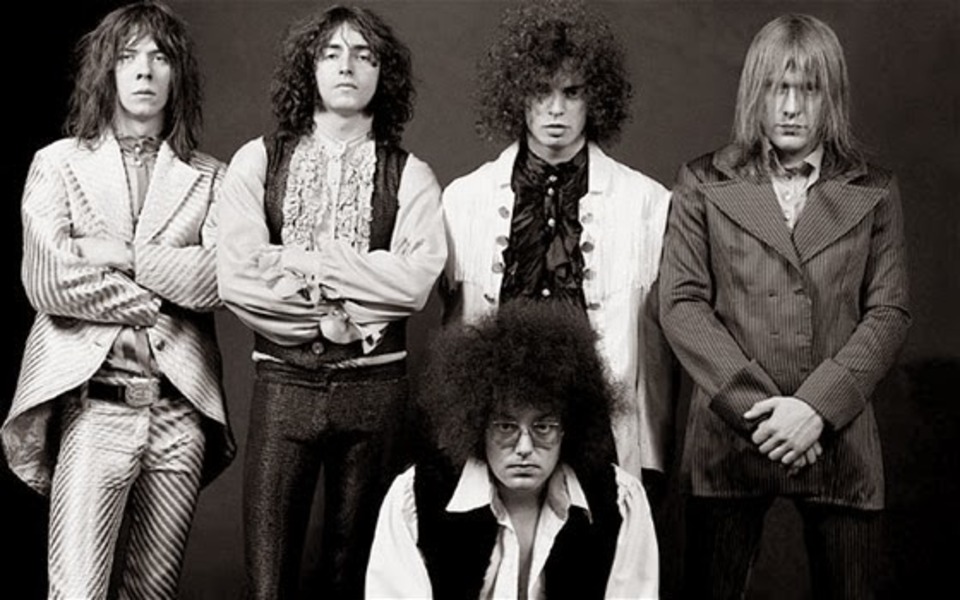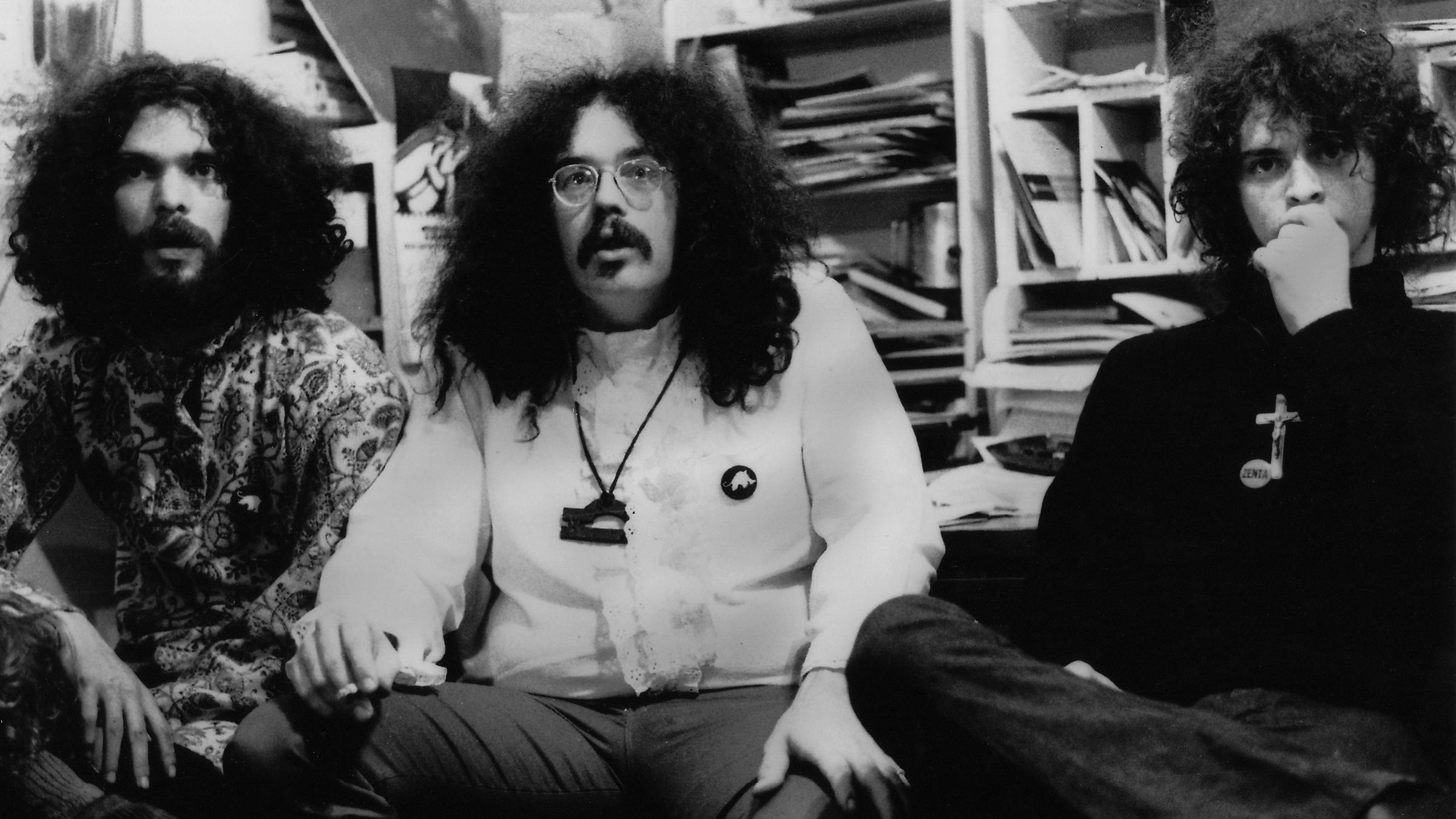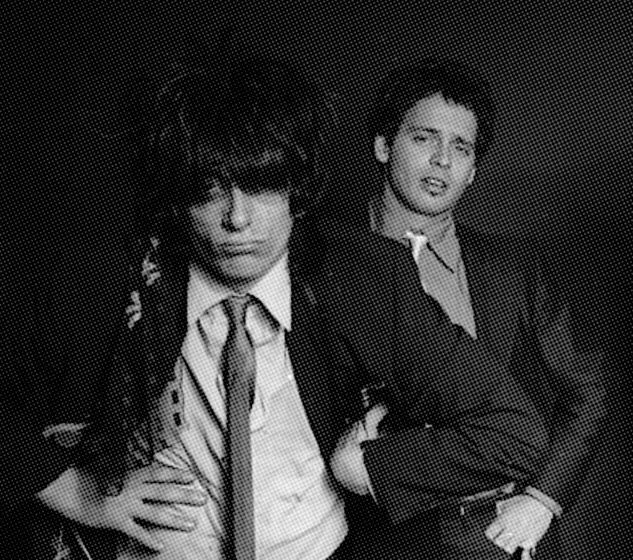
Few could claim to have lived a life less ordinary than the MC5’s Wayne Kramer.
Rock star, social activist, addict, burglar, drug dealer, jailbird – he’s done it all and, just about, lived to tell the tale.
A leading light of the late ‘60s counter-culture, Kramer’s band were targeted by FBI counter-intelligence and their inflammatory gigs were a regular target for violence and police brutality.
What’s perhaps surprising about this memoir, neatly timed to coincide with the 50th anniversary of the MC5’s self-titled live debut album, is how little they figure in the story.
Less than half The Hard Stuff – Dope, Crime, The MC5 And My Life Of Impossibilities is devoted to the rise and rapid fall of the highly influential Detroit proto-punks.
Instead this is very much Kramer’s story and his struggle to overcome the self-destructive demons that blighted so much of his life and career.

It’s a rollercoaster of extreme highs – in every sense of the word – and brutal, shameful lows; debauchery and degradation; loss, pain and eventual catharsis and redemption.
Told in a no-nonsense journalistic style, the book pulls no punches, Kramer turning the microscope on his own failings and selfishness without ever resorting to cliché or self-pity.
Not that he had it easy, born Wayne Stanley Kambes in 1948, he’s initially a happy, confident kid – notwithstanding an incident of accidental pyromania – a portent, perhaps, of the incendiary times to come.
Things take a turn for the worst when his parents split and the family, kept afloat by Kramer’s indomitable mother Mable and her beauty shop business, move to another side of town.
Kramer and his younger sister Kathi are forced to deal with an absent father and abusive step-dad.
After a brief fascination with theology, the young Kramer’s rebellious spirit takes hold,
He becomes an accomplished thief, his criminal activities developing alongside a growing love of rock ‘n roll, appreciation of the opposite sex and natural talent for guitar.
A meeting and fast friendship with co-guitarist Fred ‘Sonic’ Smith provides the catalyst for the formation of the MC5 and the band’s rapid rise and turbulent history is conveyed with real energy and affection.

The band’s involvement in radical revolutionary politics leads to inevitable run-ins with the authorities, but also, Kramer notes with disappointment, other left-wing groups who view MC5’s success as selling out.
No sooner are they gaining a major foothold in the industry than the rug is pulled from under them and Kramer admits a lot of it’s their own fault.
Drink and drugs, disastrous marketing campaigns, clashes with record companies and the jailing of manager John Sinclair all contribute to the band’s demise.
The sentencing of Sinclair, Minister of Information of the White Panthers, leads to a fallout with Kramer that clearly hit the guitarist hard.
Losing his friend and his band – not to mention his income – sends Kramer into a downward spiral.

To his credit, Kramer does not shy away from the depths he descends and the lies he tells himself and others.
Addicted to booze and heroin, he finances his habit through low level drug-dealing and house-breaking, kidding himself that he’s become some sort of glamorous rock ‘n’ roll gangster.
Jailed after being caught red-handed in a drugs bust, he’s helped through his sentence by fellow inmate Red Rodney – a celebrated jazz trumpeter and long-term addict.
Though Kramer copes fairly well with life inside FCI Lexington, the threat of casual violence is never far away and he has some powerful points to make on society’s treatment of offenders.
Championed by emerging British punk bands like The Clash, on release, he begins to resurrect his musical career.
But rebuilding his reputation as a rock star, invites the old temptations – a brief hook up with fellow addict Johnny Thunders as Gang War, one of many false starts on his journey to recovery.
With the help of US punk label Epitaph Records he begins to restore his musical credibility, but his personal demons are seldom far from the surface.

The early deaths of Smith and MC5 frontman Rob Tyner fail to change his lifestyle and he remains his own worst enemy.
It’s not until he really hits rock bottom, arrested after being high and drunk on an airliner, to the disgust of fellow passengers and crew, that Kramer finally starts to sort himself out.
Even then, the road to sobriety is paved with many obstacles and Kramer acknowledges his numerous failings, along with the selfless help and support he gets from others along the way.
Confronting his unresolved feelings of being rejected by his father, proves a major step in his rehabilitation and the pair share a touching, if all too brief, reconciliation.
He reunites too, with MC5 bandmates Michael Davis and Dennis Thompson for the DKT/MC5 tour, although again that’s not without its complications.
Kramer is impressed by the performance of stand-in vocalist Mudhoney’s Mark Arm, but kicks Evan Dando, of the Lemonheads off the tour, for behaviour which reminds him of his own past transgressions.

The love of his second wife Margaret Saadi and his surprise and joy at becoming a father well into his sixties make him all the more determined to be a better person.
He starts to give back, partnering with Billy Bragg on the Jail Guitar Doors initiative, (named after a Clash song about Kramer’s incarceration), which supplies acoustic guitars to prison inmates.
It’s a positive end to an account of a life, by his own admission not always well lived, but never less than compelling,
Kramer’s writing is concise and direct and his criticism of the US penal system and America’s failing ‘war on drugs’ both sharp and insightful.
As those lucky enough to catch him on last year’s MC50 world tour will attest, he remains a dynamic and charismatic performer.
By turns, explosive, funny, tragic and controversial, this memoir shows us the real man behind the musician.
- The Hard Stuff – Dope, Crime The MC5 And My Life Of Impossibilities is out now, published by Faber and Faber. Order from Amazon here.